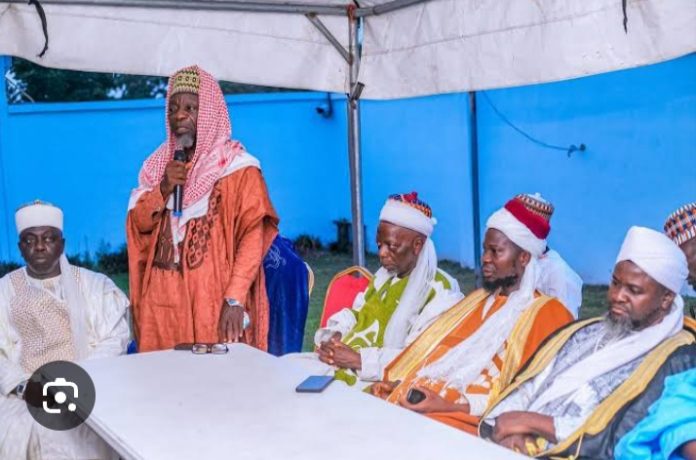Muslim stakeholders in Osun have condemned recent calls by Christian groups insisting that the state’s next governor must be Christian. At a press conference held Wednesday, the Concerned Muslim Stakeholders and the League of Alfas in Osun State described the demand as divisive and unfair.
Addressing the media, the group’s leaders argued that calls from sections of the Christian Association of Nigeria (CAN) and the Pentecostal Fellowship of Nigeria (PFN) are “religious bias” that threaten interfaith harmony and violate principles of equity. They pointed out that Osun State has historically had Christian political dominance despite having a large Muslim population.
Sheikh Qozeem AbdurRahamon, President-General of the League of Alfas, highlighted that since the creation of Osun State in 1991, many of its administrators have been Christians — a pattern that he said reflects long-standing imbalance rather than recent marginalisation.
“It is therefore not surprising that both Oyo and Osun States have a civil service workforce that is about 75 to 80 percent Christian… Those behind this campaign know very well that their preferred candidates are not popular … That is why they have resorted to religious propaganda.”
He warned that if political groups pursue a Christian-only candidacy demand for the 2026 election, the Muslim community will mobilise against what they view as an injustice.
The leaders urged political parties to resist “sentimental and parochial agitation” that could inflame religious sentiments. They called for governance to be based on competence and fairness rather than faith affiliation.
While acknowledging Christians have had significant political representation historically, the group maintained that Muslims deserve an equitable opportunity in the next election cycle.
They noted that in a state with “over 70% Muslim population,” Muslims have rarely held some top bureaucratic roles — for example, head of service or Chief Judge , over many years.
The speakers said that in 2026 it is the “turn of a competent Muslim” to lead Osun State, and called on all stakeholders to respect religious diversity and allow political choice to reflect competence, not sectarian sentiment.




